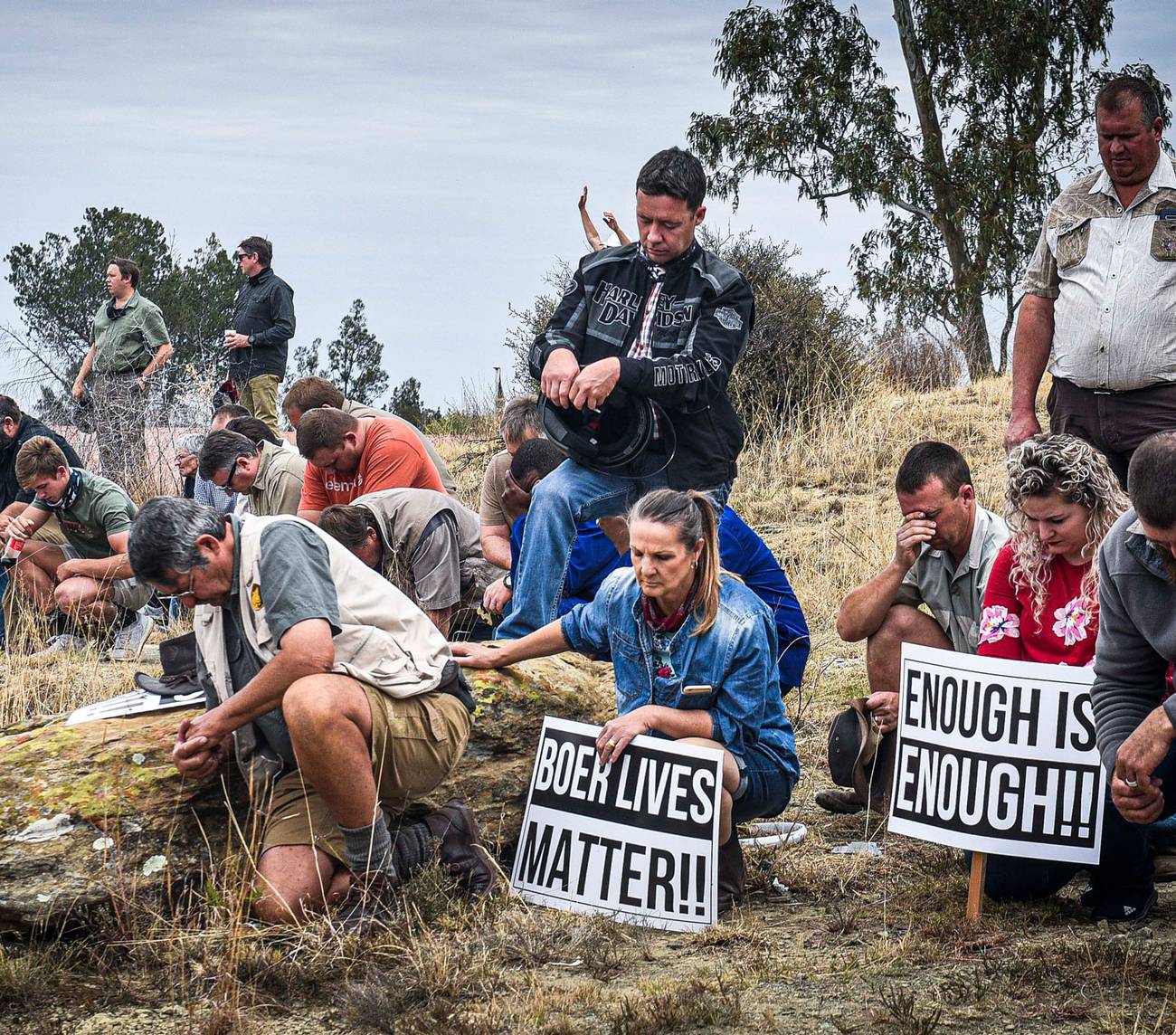 French courts seek justice for Abu Nidal’s victims 40 years on | The National
French courts seek justice for Abu Nidal’s victims 40 years on | The National
Skad w Polsce tyle milosci do Arabskiego teroryzmu?
 Szkoła zbrodni
Szkoła zbrodni
Rafał Pleśniak, Ryszard Kamiński, współpraca: Violetta Krasnowska, Marcin Kowalski
[ 2001-09-30 ]
Szkola zbrodni
W Polsce szkolono i ukrywano najgrozniejszych terrorystów
Jest rok 1975. Na Okeciu laduje samolot Aeroflotu w drodze z Moskwy do Berlina. Wsród pasazerów znajduje sie trzech agentów KGB i tajemniczy mezczyzna o poludniowej urodzie. Mezczyzna chce wysiasc w Warszawie, gdzie ma przyjaciólke. Rosjanie lacza sie z naszym MSW, proszac, zeby pasazerowi pozwolono zostac pare dni w naszej stolicy. Wiadomosc dotarla do szefa wywiadu PRL. Sa dwie wersje tego, co sie dzialo dalej. Wedle jednej, podchmielony pasazer wyciagnal pistolet i kazal Rosjanom spier…, po czym spokojnie przeszedl kontrole graniczna, wzial taksówke i pojechal do hotelu Solec. Wedle drugiej wersji, Polacy namówili mezczyzne, by jednak w Warszawie nie wysiadal, bo moze wpasc w rece agentów Mosadu. Tajemniczym mezczyzna byl Abu Nidal[1], jeden z najgrozniejszych terrorystów swiata, odpowiedzialny za ponad sto zamachów.
Sojusz PRL-owsko-palestynski
Wedlug informacji amerykanskiego wywiadu wojskowego, w polowie lat 70. polskie wladze zawarly swoisty pakt z Al-Fatah, organizacja palestynska stojaca za wieloma zamachami: “Wy nie podkladacie u nas bomb, a my w zamian dajemy wam schronienie, legalizujemy jako studentów i przyznajemy stypendia”. Wkrótce zjechali do Polski nie tylko arabscy terrorysci – Abu Nidal[1], Abu Daud czy Monzer Al-Kassar – ale takze Iljicz Ramirez Sanchez (znany jako Carlos lub Szakal), najgrozniejszy wówczas terrorysta na swiecie, oraz czlonkowie Frakcji Czerwonej Armii, z jedna z zalozycielek grupy – Gudrun Ensslin. Przedstawiciele wladz PRL twierdzili dotychczas, ze w Polsce nie szkolono terrorystów, lecz tylko kilka razy pozwolono im w naszym kraju leczyc sie badz wypoczywac. Tymczasem mogli oni uczestniczyc w szkoleniach w jednostkach wojskowych w Zamosciu, Deblinie, Nowym Miescie nad Pilica, Minsku Mazowieckim oraz w szkole wywiadu w Kiejkutach. Oficjalnie byli wojskowymi z Libii, Syrii, Iraku, ksztalcacymi sie w naszym kraju na mocy umów miedzyrzadowych.
W osrodku WSW w Minsku Mazowieckim juz pod koniec lat 60. szkolono Kubanczyków. – Chcac zachowac dobre stosunki z Raulem Castro, bratem Fidela, zgodzilismy sie pomóc Kubie stworzyc zandarmerie wojskowa. Opiekowalem sie ta grupa. Byli oni jedynymi obcokrajowcami szkolonymi w Minsku – zapewnia gen. Czeslaw Kiszczak. Z kolei z materialów dotyczacych wprowadzenia stanu wojennego wynika, ze w Technicznej Szkole Wojsk Lotniczych w Zamosciu nawigacji lotniczej uczyli sie Syryjczycy, a w 1981 r. w Deblinie szkolono ponad stu pilotów z Libii. Ilu z nich bylo terrorystami albo szkolilo potem terrorystów? – Nie ma w tym niczego nadzwyczajnego. Pilotów szkolilismy na podstawie miedzypanstwowej umowy i zarabialismy na tym ogromne pieniadze – mówi gen. Kiszczak. Podobnie mialo wygladac szkolenie w Nowym Miescie nad Pilica. Mieszkancy Nowego Miasta pamietaja jednak, ze w latach 80. szkolili sie tam takze Palestynczycy. Pozostaly nawet po nich “pamiatki”, czyli kilkoro dzieci. Dotarlismy do Marzeny T., matki jednego z urodzonych wtedy dzieci. Twierdzi ona, ze ojciec jej dziecka poslugiwal sie falszywym paszportem, bo gdy próbowala go potem odszukac w Syrii, odpowiedziano jej, ze osoba taka nigdy nie istniala. General Kiszczak zaprzecza, tlumaczac, ze gdyby tak rzeczywiscie bylo, wiedzialby o tym.
Palestynczycy przyjezdzali do naszego kraju na szkolenia juz pod koniec lat 60., po zerwaniu stosunków dyplomatycznych z Izraelem. Ich obecnosc potwierdzaja dokumenty z archiwów Stasi i KGB. Oficjalnie przyjezdzali jako studenci (w Akademii Rolniczo-Technicznej w Olsztynie studiowalo dwóch dzialaczy OWP), doradcy dyplomatów, przedsiebiorcy – najczesciej z paszportami wystawionymi w Tunezji lub Syrii. Najliczniejsza grupe stanowili czlonkowie Organizacji Wyzwolenia Palestyny. Ci mieszkali w Polsce za zgoda naszego MSZ, poslugujac sie wydanymi przez nie dokumentami. – Majac legitymacje z naszego ministerstwa, mogli dzialac praktycznie bez ograniczen – mówi Jerzy Dziewulski, posel SLD, byly szef jednostki antyterrorystycznej na Okeciu.
Wspólnicy zbrodni
Na poczatku lat 80. slynny terrorysta Carlos zorganizowal zamach na monachijska siedzibe Radia Wolna Europa. Czy byloby to mozliwie bez pomocy naszych sluzb? – Polski wywiad zdobyl materialy dotyczace zabezpieczenia budynku RWE. Dzieki temu Carlos i jego ludzie dostali sie tam i zdetonowali ladunek wybuchowy – mówi Henryk Piecuch, autor ksiazek z serii “Tajna historia Polski”. Piecuch pokazal nam dokumenty Departamentu I MSW, sporzadzone przez polska agenture, a dotyczace systemu bezpieczenstwa w RWE. – Za moich czasów nie interesowalismy sie zabezpieczeniem budynku RWE. Oczywiscie dokuczalismy stacji, mielismy tam wlasna agenture, ale nic poza tym – przekonuje gen. Kiszczak. Jedna z notatek, jakie posiada Piecuch, pochodzi z listopada 1981 r., kiedy Kiszczak byl juz szefem MSW.
Tahar Sharlik Mahdi – pod tym nazwiskiem ukrywal sie w Polsce jeden z najgrozniejszych terrorystów arabskich, Abu Daud, przywódca Czarnego Wrzesnia. Podczas pobytu w sierpniu 1981 r. Abu Daud padl ofiara zamachu: gdy siedzial w kawiarni warszawskiego hotelu Victoria, wszedl tam mezczyzna i oddal kilka strzalów. Daud przezyl, przewieziono go do kliniki MSW. Po dwóch tygodniach opuscil szpital i Polske.
Doskonale czul sie w Polsce syryjski handlarz bronia Monzer Al-Kassar, znany jako ksiaze z Marbelli. Byl stalym bywalcem hotelu Victoria. Zaopatrywal w polska bron – pistolety maszynowe RAK, granaty i amunicje do broni pokladowej – kilkanascie ugrupowan terrorystycznych. Zamachowcy z Ludowego Frontu Wyzwolenia Palestyny, którzy opanowali statek “Achille Lauro”, uzywali polskich granatów F-1 i RG 42. Polskich pistoletów maszynowych RAK uzyto m.in. w 1982 r. podczas zamachu na restauracje Goldenberga w Paryzu. Terrorysci Abu Nidala zastrzelili wówczas dziewiec przypadkowych osób, które jadly tam obiad. W tym samym roku terrorysta Al-Fatah uzyl pistoletu RAK, strzelajac do Szlomo Argowa, ambasadora Izraela w Wielkiej Brytanii. Oprócz polskiej broni arabscy terrorysci wykorzystywali w swojej dzialalnosci takze niektóre nasze placówki dyplomatyczne. Szczególna role odegral tu polski konsulat generalny w Mediolanie, w latach 70. specjalnie przeniesiony na peryferia miasta. Po 1989 r. nowy szef tej placówki zastal kase pancerna ze zlamanym kluczem. Po pewnym czasie do Wloch przyjechali specjalisci z UOP, którzy kase rozwiercili i wyjeli z niej dlugie metalowe pudelko. Znajdowal sie w nim semtex, czeski material wybuchowy.
Szeroko zamkniete oczy MSW
Terrorysci czuli sie w Polsce tak dobrze, ze kilku z nich wrecz osiadlo na kilka lat w naszym kraju. Do polowy lat 80. mieszkal tu na przyklad Abu Nidal. W Warszawie mial dom, gdzie przebywala jego zona z dwójka dzieci (chodzily do polskiej szkoly). Przez kilka lat pobytu stworzyl w Polsce zaplecze finansowe Al-Fatah.
– Biuro urzadzil sobie w warszawskim hotelu Solec – mówi Maciej Kuczynski, wicedyrektor Departamentu Ochrony Granic, Migracji i Uchodzstwa w MSWiA. W podwarszawskim Aninie dzialala natomiast (od 1983 r.) firma SAS Trade and Investment, kontrolowana przez arabskiego terroryste. To ona wysylala transporty polskiej broni na Bliski Wschód.
W 1987 r., po kilku interwencjach Amerykanów u gen. Kiszczaka, firma zostala zamknieta. Polskie wladze nie domagaly sie jednak, by terrorysta wyjechal z naszego kraju. Jego kariera skonczyla sie dopiero wtedy, gdy zaczal go tropic wywiad Izraela. Abu Nidal zostal zmuszony do wyjazdu z Polski po zamachu, jaki zorganizowano na niego w hotelu Victoria w Warszawie. – Silna byla wtedy miedzynarodowa presja. W róznych czesciach swiata zatrzymywano ludzi podejrzewanych o terroryzm, a oni mogli miec w paszportach polskie pieczatki. Tego nie daloby sie ukryc – mówi gen. Andrzej Kapkowski, byly szef UOP.
Jeszcze w pierwszej polowie lat 90. w Polsce dzialala komórka opozycyjnej algierskiej Zbrojnej Grupy Islamskiej (GIA). Zajmowala sie ona handlem bronia. W Polsce islamscy fundamentalisci redagowali i drukowali tez swój podziemny biuletyn, podajac w nim adres skrzynki pocztowej w Warszawie.
Poletko doswiadczalne Stasi
Terrorystom przebywajacym w Polsce pomagali czesto agenci Stasi – z wydzialu XXII.
– Wschodnioniemieckim sluzbom zalezalo na destabilizacji sytuacji politycznej i gospodarczej w zachodnich Niemczech, dlatego wykorzystywali kazda okazje, nawet poza swoim terytorium – twierdzi Jaroslaw Tomasiewicz, autor ksiazki “Terroryzm na tle przemocy politycznej”. Czy wladze PRL musialy sie jednak na to godzic? Czy musialy wspóldzialac w ukrywaniu w Polsce terrorystów z Frakcji Czerwonej Armii? Z akt Stasi wynika, ze Gudrun Ensslin byla w Polsce co najmniej dwa razy (po kilka tygodni), ukrywajac sie przed agentami wywiadu RFN. Ilse Stachowiak mniej wiecej przez siedem tygodni ukrywala sie w Szczecinie i Miedzyzdrojach. Dlaczego terrorystom arabskim udostepniano osrodki wczasowe MSW? Abu Nidal przebywal w osrodkach w Tuszynie-Lesie, Uniesciu, Waszecie, Dziwnowie. Na przelomie lat 70. i 80. Abu Daud ukrywal sie m.in. w osrodkach w Zlotym Potoku i Polanczyku. Z kolei Carlos nabieral sil w osrodku wczasowym MSW w Swidrze.
Zastepcza wojna
– Komunisci poczatkowo przypuszczali, ze sila ekonomiczna Zachodu wynika z tego, ze czerpie on korzysci z kolonii. Kiedy po II wojnie swiatowej kolonie uzyskaly niepodleglosc, a Zachód ciagle sie trzymal, uniemozliwiajac rozprzestrzenianie sie rewolucji, do walki politycznej postanowiono zaprzegnac terrorystów – mówi Wladimir Bukowski.
– Globalny terroryzm mial charakter zastepczej wojny. Jego celem bylo oslabienie zachodniej demokracji. Rosjanie inwestowali w organizacje terrorystyczne. Ale trzeba pamietac, ze sami terrorysci, szczególnie arabscy, nieufnie odnosili sie do ZSRR – dodaje dr Bartosz Bolechów z Instytutu Nauk Politycznych Uniwersytetu Wroclawskiego. Czy dlatego lepiej sie czuli w Polsce, na Weg-rzech czy w Bulgarii?
– Nie mozna wykluczyc, ze osoby zwiazane z terroryzmem nadal bywaja w Polsce. Wydarzenia w Nowym Jorku wskazuja, ze stac ich na dzialania dlugofalowe i pozyskiwanie coraz to nowych ludzi. Polska jest jednak dla nich raczej stacja przesiadkowa – mówi gen. Kapkowski.
Ryszard Kaminski
Rafal Plesniak
Wspólpraca: Violetta Krasnowska
Marcin Kowalski
Abu Nidal
1982-06-03 The Israeli ambassador in London, England, Shlomo Argov, shot and seriously injured by terrorists from the Abu Nidal group. The attack is used to justify the Israeli invasion of Lebanon that started immediately after the attack.
1985-12-27 Suicide grenade and gun attacks against passenger terminals at Rome and Vienna airports by the Abu Nidal terrorist group results in sixteen people being killed and more than 100 civilians injured]







